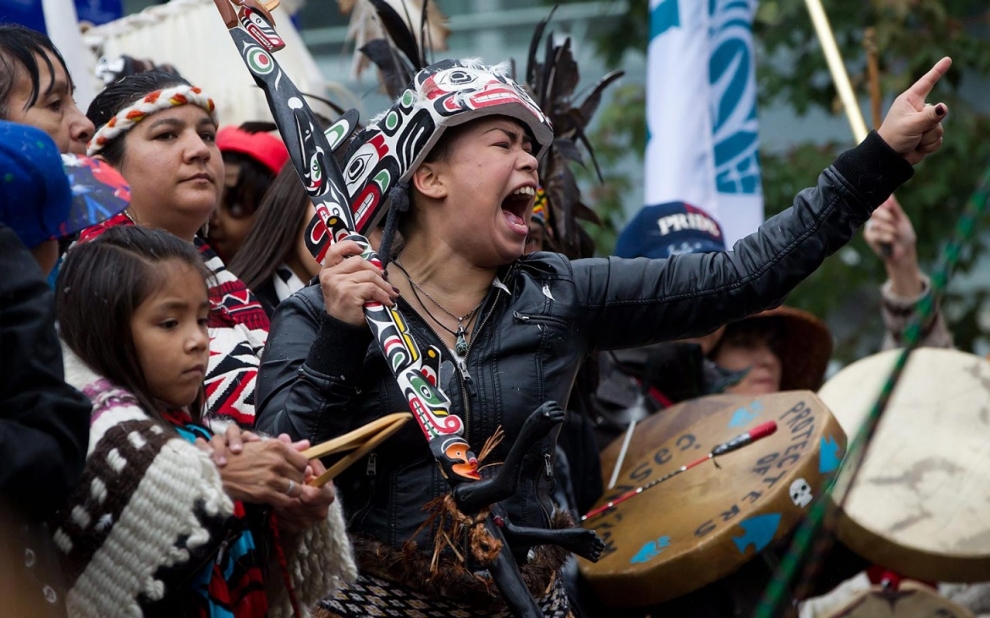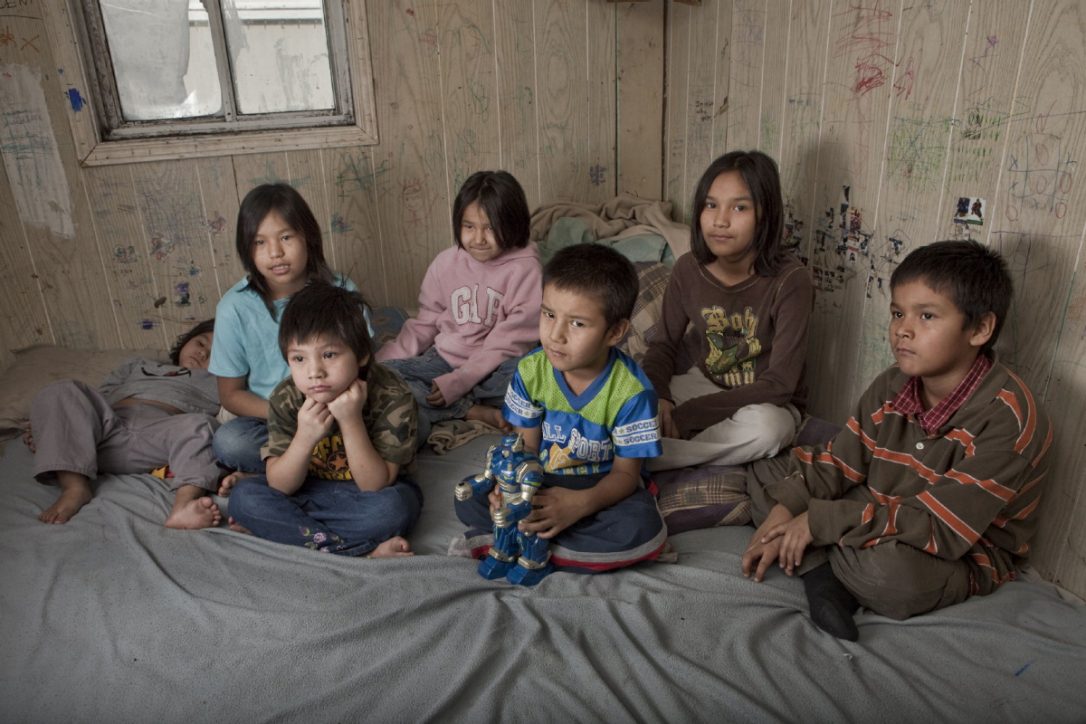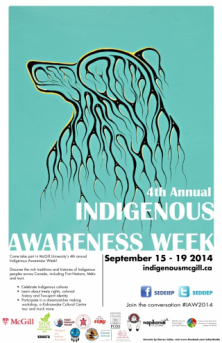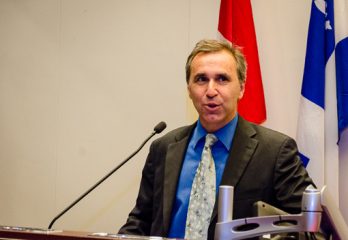Written by Anonymous; edited by Magdalene Karalis
At Journalists of Human Rights, we constantly strive to shine lights on issues not discussed or understood as much by mainstream society. Recently, through the guidance of McGill professors we were able to host a panel on the rights of Transgender migrants, a vital intersectional topic in this day and age.
Both speakers were trans women heavily involved in the movement with invaluable experience on the subject. During the panel, they touched on a variety of issues observed through their own experiences. Below is a summary of some of the ideas they themselves transmitted as their voices alone can do this subject justice.
One of our speakers described the dangers of undergoing a sex change in their home country of Tunisia and having to immigrate to Canada in order to safely begin the transition into her true identity. She stated that a lot of trans women decide not to transition in order to keep the bonds with their country of origin.
Both trans women also highlighted the challenges the immigration system presents to trans migrants including the various bureaucratic complications of securing a visa and the fact that you have to provide substantial proof you are trans in order to achieve protective status, something that proves challenging for trans migrants who have yet to undergo the change.
The speakers also described the ongoing struggle transgender migrants face with policing, police brutality and the prison system. They underscored how many trans women were pushed from homes and neighborhoods and how the resulting isolation is critical to understanding migrant trans women. Trans women in particular were emphasized as having intense issues with police harassment particularly if they were sex workers. Many trans sex workers end up with criminal records. One of our speakers told a particular story where one trans woman was charged for assault due to self defense. Trans women are also brought to men’s prison were they have an extraordinarily hard time and are extremely vulnerable to all forms of sexual assault and harassment.
Both speakers then took questions from the audience and outlined solutions aimed at bettering the lives of trans migrants. These included providing emotional support and care for them as well as allowing them leadership roles and giving them more of a voice. They also offered more specific suggestions such as decriminalizing prostitution and seeking a more rehabilitative stance on drug addiction rather than a penal one. On the subject of ways anyone could help trans migrants both speakers strongly advocated for clear activism through marches and online petitions and for attending workshops that show commitment to trans and migrant issues.




